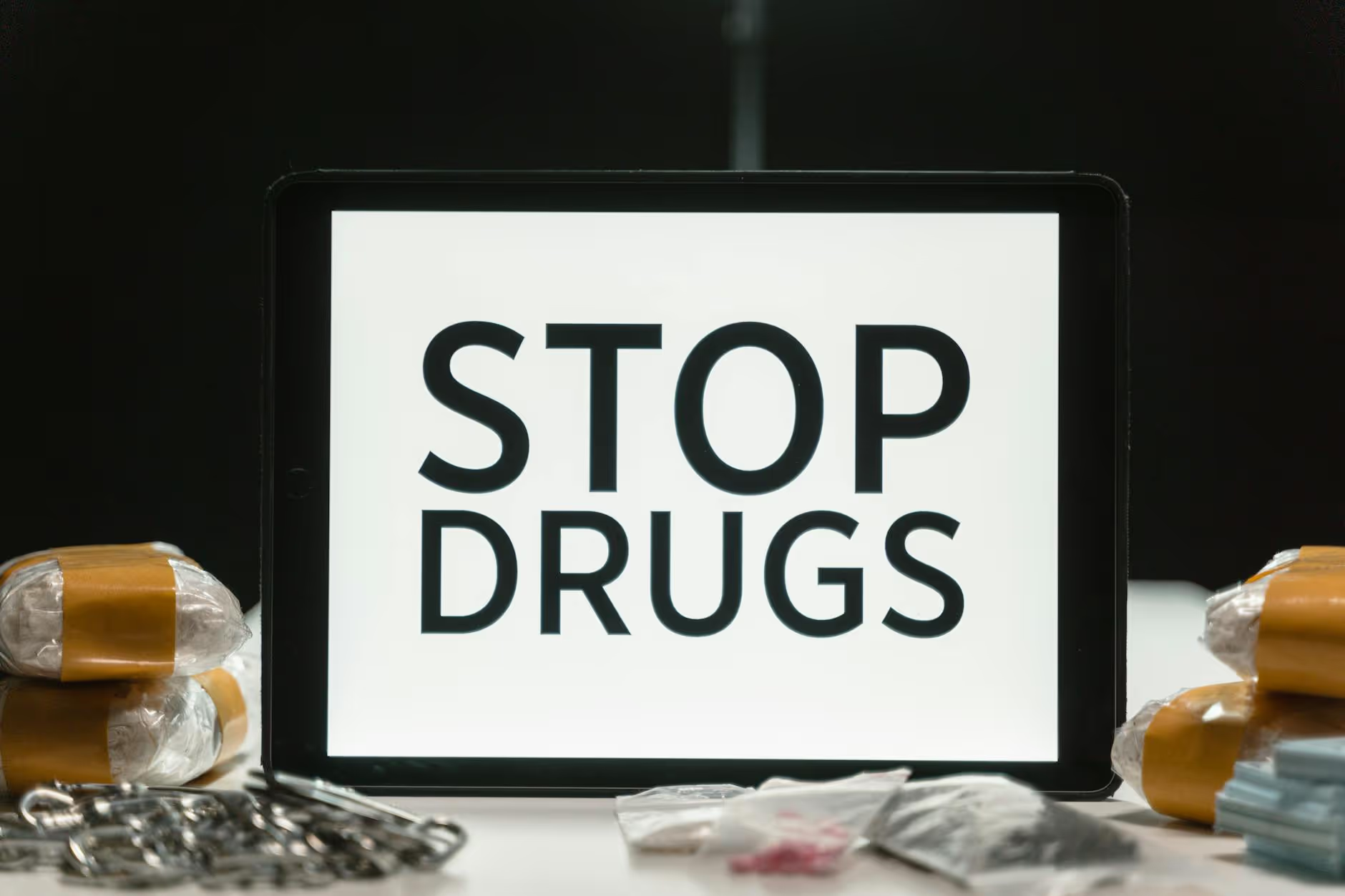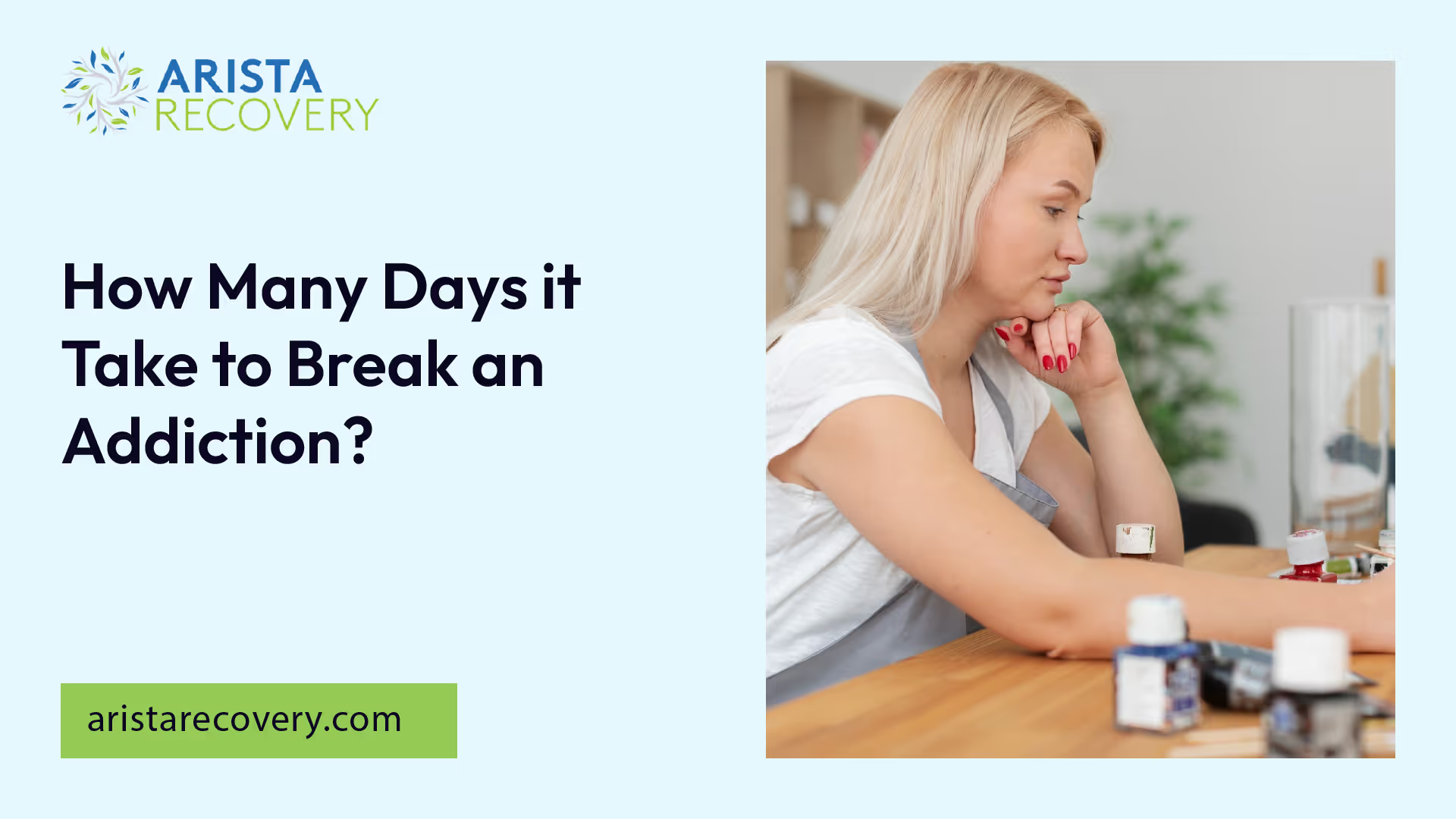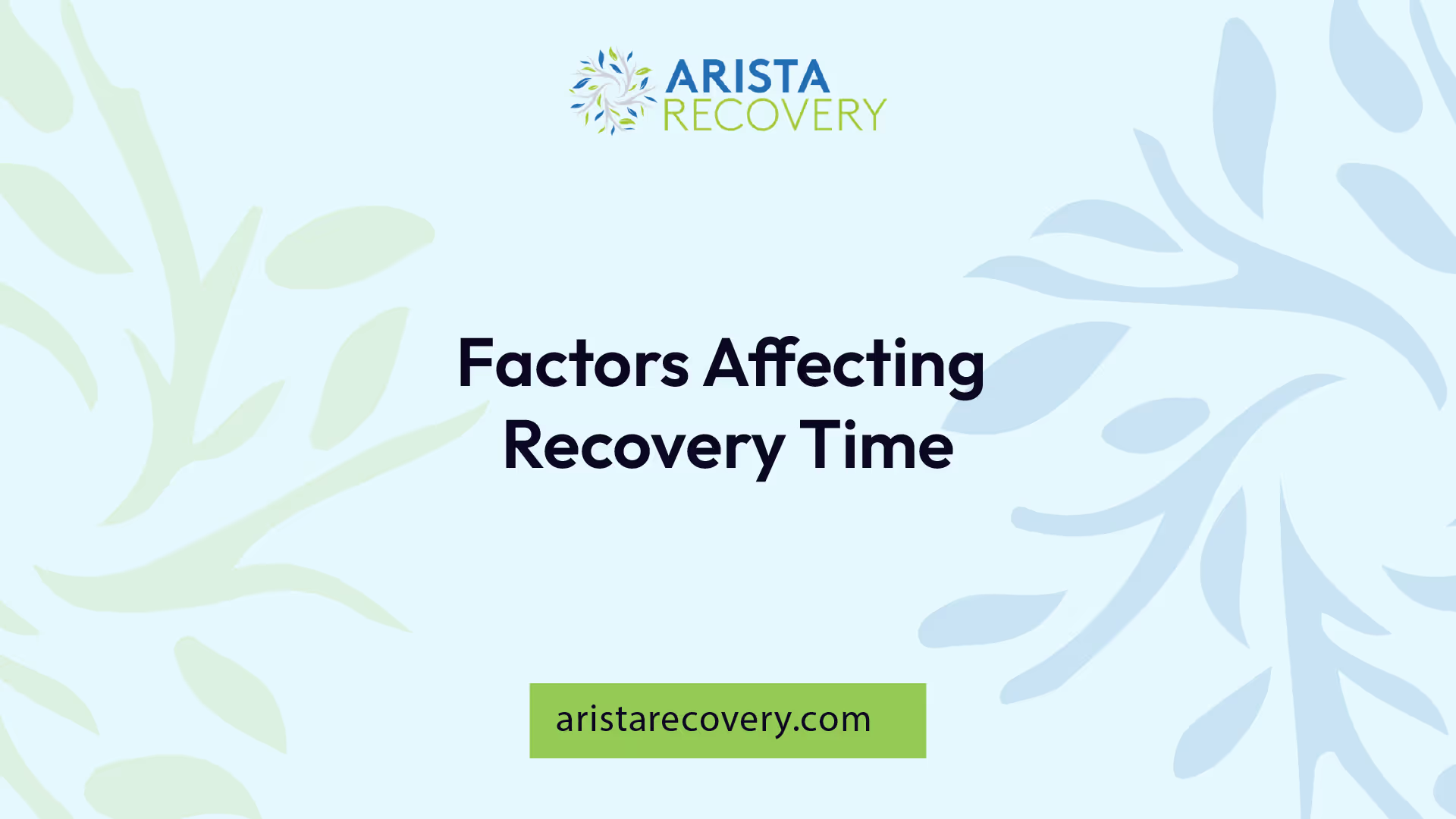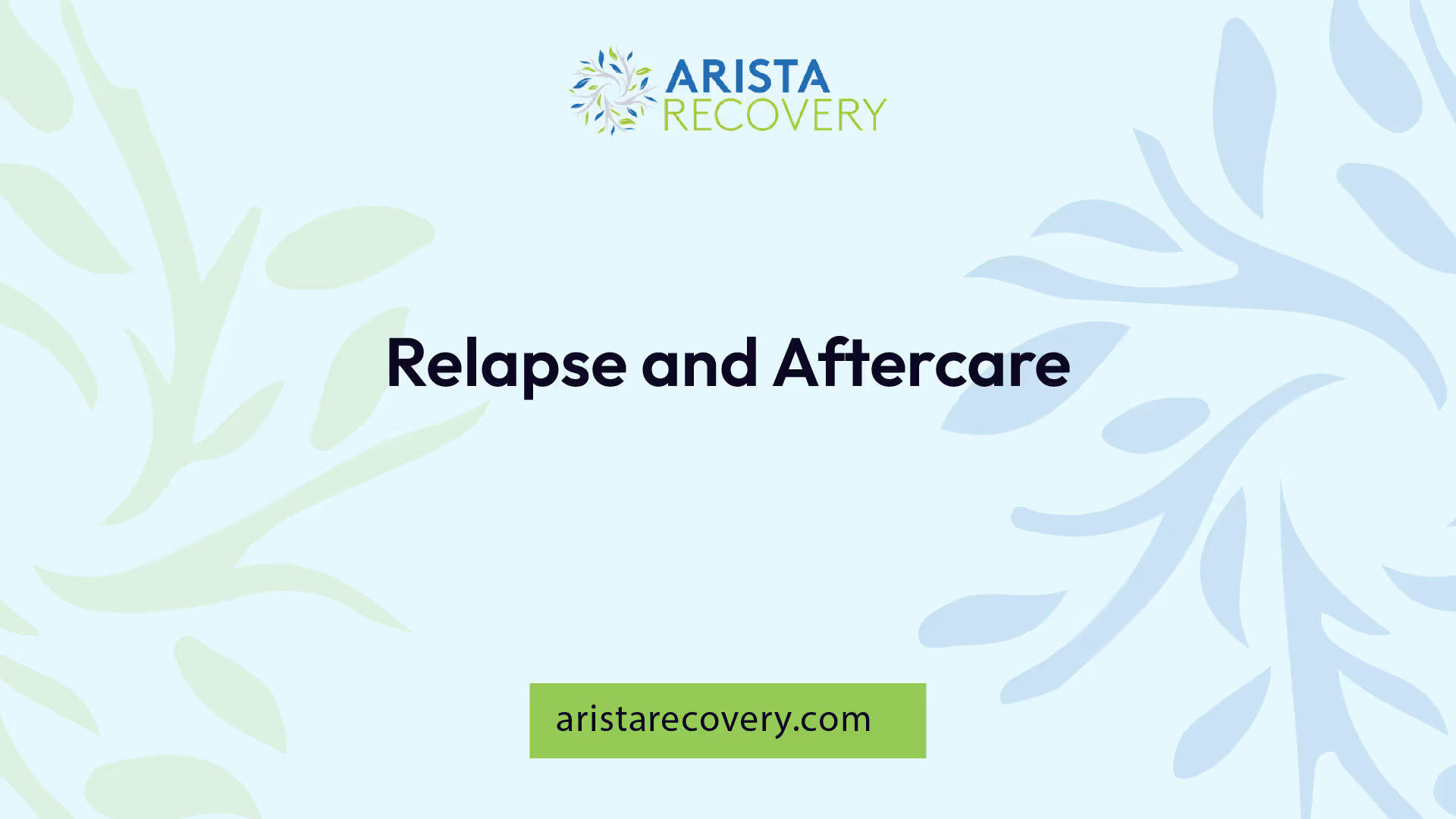
How Many Days it Take to Break an Addiction?

Understanding Addiction Recovery
Recovering from addiction is a complex process that involves various stages and treatment approaches. Understanding the treatment and recovery process, as well as the stages of addiction recovery, is essential for individuals seeking to break free from addiction.
Treatment and Recovery Process
Treatment plays a crucial role in enabling individuals to counteract the disruptive effects of addiction on their brain and behavior, allowing them to regain control of their lives. It's important to note that stopping drug use is just one part of a comprehensive recovery process. Successful treatment should address the holistic needs of the individual, including medical, mental, social, occupational, family, and legal aspects.
The treatment and recovery process typically involves the following steps:
- Recognition and Admittance: The journey towards addiction recovery often begins with individuals recognizing and admitting that they have a problem. This stage, known as precontemplation, is when individuals may start to acknowledge the negative impact of addiction on their lives.
- Contemplation and Evaluation: In the contemplation stage, individuals begin to seriously consider making changes and seek information about treatment options. It's a critical time for self-reflection and weighing the pros and cons of seeking help.
- Preparation and Planning: During the preparation stage, individuals actively plan for their recovery journey. This may involve setting goals, identifying triggers, and making necessary arrangements, such as finding a treatment program or support group.
- Action and Treatment: The action stage is when individuals actively engage in treatment and implement the strategies and techniques learned to overcome addiction. This may involve therapy, counseling, medication-assisted treatment, or other evidence-based interventions.
- Maintenance and Continued Support: After completing initial treatment, individuals enter the maintenance stage. This phase focuses on sustaining recovery by adopting healthy coping mechanisms, practicing relapse prevention strategies, and seeking ongoing support through support groups and aftercare programs.
It's important to note that the stages of addiction recovery, as per the Transtheoretical Model, are not necessarily linear. Individuals may progress at different paces through the stages, and it's common to experience setbacks or move back and forth depending on triggers or difficult emotions [2].
Stages of Addiction Recovery
The stages of addiction recovery provide a framework for understanding the progression individuals may go through on their journey towards sobriety. While the specific details may vary, the general stages are widely recognized:
- Precontemplation: In this stage, individuals may be unaware or in denial of their addiction. They may not perceive the negative consequences of their substance use and may not be considering changing their behavior.
- Contemplation: During the contemplation stage, individuals begin to acknowledge their addiction and consider the need for change. They weigh the pros and cons of continued substance use and explore treatment options.
- Preparation: In the preparation stage, individuals actively prepare themselves for treatment and recovery. They may seek professional help, inform their support network, and make necessary arrangements to address their addiction.
- Action: The action stage involves actively engaging in treatment and making significant changes to stop substance use. This is the stage where individuals implement the strategies and techniques learned during treatment.
- Maintenance: Once individuals have completed initial treatment, they enter the maintenance stage. This stage focuses on sustaining recovery, preventing relapse, and adopting a healthy lifestyle. Continued support and aftercare programs are crucial during this stage.
It's important to remember that recovery timelines can vary significantly from person to person. The duration of each stage and the overall recovery process depends on various factors, including the substance type, severity of addiction, and individual circumstances.
Understanding the treatment and recovery process, along with the stages of addiction recovery, can provide individuals with a roadmap for their journey towards breaking addiction and achieving lasting sobriety. Seeking professional help, building a strong support system, and staying committed to the recovery process are essential steps in achieving successful outcomes.

Factors Affecting Recovery Time
When it comes to breaking addiction, the duration of the recovery process can vary widely depending on several factors. Two key factors that significantly impact the recovery time are the substance type and severity of addiction, as well as mental health considerations.
Substance Type and Severity
The type of substance involved and the severity of addiction play a crucial role in determining the length of the recovery process. Certain substances, such as alcohol, benzodiazepines, and barbiturates, are considered to result in physical dependence. Recovery from these substances should be strictly monitored by a physician or psychiatrist specializing in addiction medicine to identify and address potential complications, including fatal seizures during withdrawal [3].
Substance abuse recovery, which encompasses the misuse of various substances, typically requires a recovery period of 6 to 12 months. However, the duration can vary depending on the specific substance involved and individual factors. The recovery process may involve detoxification, therapy, and ongoing support to address the physical and psychological aspects of addiction [4].
Mental Health Considerations
Mental health considerations also play a significant role in addiction recovery. Many individuals struggling with addiction also experience underlying mental health conditions, such as depression, anxiety, or trauma. These co-occurring disorders can complicate the recovery process and may require additional treatment and support.
Addressing mental health concerns alongside addiction is crucial for long-term recovery. Integrated treatment approaches that address both addiction and mental health are often more effective in achieving lasting recovery outcomes. By providing comprehensive support and therapy for mental health issues, individuals can address the underlying factors contributing to their addiction and develop healthier coping mechanisms.
It's important to note that there is no fixed timeframe for breaking addiction, as it is a complex process that varies from person to person. The recovery timeline for drug addiction can range from several months to years, depending on the drug involved, individual circumstances, and the severity of the addiction [4].
When it comes to alcohol addiction, the recovery period is typically longer compared to nicotine addiction. On average, it may take about 3 to 6 months to break the cycle of alcohol addiction. However, this timeline can vary depending on factors such as the severity of the addiction, individual circumstances, and the support received during the recovery process [4].
Understanding the factors that affect recovery time can help individuals set realistic expectations and seek appropriate support and treatment. Each person's journey is unique, and it's important to prioritize comprehensive care, including medical, psychological, and emotional support, to increase the chances of successful and lasting recovery.

Relapse and Aftercare
When it comes to addiction recovery, relapse is a common concern that individuals may face during their journey. Understanding the rates and risks of relapse, as well as the importance of aftercare, can significantly contribute to successful long-term recovery.
Relapse Rates and Risks
Relapse rates for addiction are similar to rates for other chronic medical illnesses. It's important to note that relapse does not indicate failure, but rather a need for further evaluation and adjustment of the treatment plan [1]. According to the National Institute on Drug Abuse (NIDA), approximately 40-60% of people with substance use disorders will experience a relapse at some point.
Various factors can increase the risk of relapse, including:
- Lack of a strong support system
- Exposure to triggers or high-stress situations
- Co-occurring mental health conditions
- Insufficient or inadequate aftercare support
It's important to remember that relapse does not mean that recovery is impossible. Instead, it should be seen as an opportunity to reassess and modify the treatment plan to better address individual needs.
Importance of Aftercare
Aftercare plays a crucial role in maintaining long-term recovery and reducing the risk of relapse. After completing an initial treatment program, individuals are encouraged to engage in ongoing support and aftercare services. These can include:
- Counseling and therapy: Continued individual or group therapy sessions can provide ongoing support, address underlying issues, and develop coping strategies.
- Support groups: Participating in support groups, such as 12-step programs or other recovery communities, can provide a sense of belonging, encouragement, and accountability.
- Sober living arrangements: Transitional housing or sober living environments can offer a structured and supportive environment to help individuals gradually reintegrate into daily life while maintaining sobriety.
- Continued medical care: Regular check-ups with healthcare professionals can ensure ongoing monitoring of progress, adjustment of medications if necessary, and identification of any potential health concerns.
By engaging in aftercare services, individuals can access ongoing support, learn new skills, and develop a network of individuals who understand and support their recovery journey. Aftercare significantly enhances the chances of sustained recovery and minimizes the risk of relapse.
It's important to note that relapse is not a sign of weakness or failure. Instead, it should be seen as an opportunity for growth and a chance to refine the recovery approach. If a relapse occurs, it is crucial to reach out to a healthcare professional or addiction specialist to resume treatment, modify the plan, or explore alternative treatment options [1].
Remember, addiction recovery is a lifelong process, and aftercare plays a vital role in maintaining sobriety, managing triggers, and achieving lasting change. Embracing aftercare services can provide ongoing support and empower individuals on their path to a healthier, addiction-free life.
Breaking Different Addictions
Addiction recovery is a complex and individualized process that varies depending on the substance involved and the individual's circumstances. In this section, we will explore the timelines and considerations for breaking three common types of addictions: nicotine addiction, alcohol addiction, and substance abuse recovery.
Nicotine Addiction
Nicotine addiction, often associated with smoking or vaping, typically takes around 8 to 12 weeks to overcome, although individual timelines may vary. Breaking the cycle of nicotine addiction requires determination, support, and sometimes medical interventions like nicotine replacement therapy or prescription medications. It's important to seek professional guidance and support when attempting to quit nicotine addiction to increase the chances of success. For more information on how to stop nicotine addiction, refer to our article on how to stop addiction.
Alcohol Addiction
Overcoming alcohol addiction usually requires a longer recovery period compared to nicotine addiction. On average, it takes about 3 to 6 months to break the cycle of alcohol addiction, but this timeline can vary based on the severity of the addiction and individual circumstances. Seeking professional help, such as therapy, counseling, or participation in support groups, can greatly aid the recovery process. For comprehensive information on how to stop alcohol addiction, visit our article on how to stop alcohol addiction.
Substance Abuse Recovery
Substance abuse recovery encompasses the misuse of various substances, including drugs. The recovery timeline for substance abuse can range from 6 to 12 months, depending on factors such as the specific substance involved and individual circumstances. The process of breaking substance abuse addiction often involves detoxification, therapy, and ongoing support to address both the physical and psychological aspects of addiction. It is crucial to seek professional help and develop a personalized treatment plan to increase the chances of successful recovery. For detailed insights on how to stop drug addiction, read our article on how to stop drug addiction.
The duration of recovery from addiction can vary significantly depending on individual factors, the severity of the addiction, and the support received during the recovery process. It's important to remember that recovery is a journey, and seeking medical support from healthcare professionals or addiction treatment services is strongly recommended. They can provide guidance, therapy, and necessary interventions to ensure a safe and effective recovery process. Building a strong support system and addressing the underlying causes of addiction are essential components of breaking any addiction.
Duration of Recovery
When it comes to addiction recovery, the duration of the process can vary depending on several factors, including the specific addiction, the individual's circumstances, and the severity of the addiction. Understanding the recovery timelines and the unique challenges associated with behavioral addictions is essential.
Recovery Timelines
The stages of addiction recovery, as per the Transtheoretical Model, are not necessarily linear, and individuals do not stay in them for a set amount of time. Some people progress quickly through the stages, while others may move back and forth depending on triggers or difficult emotions. However, the maintenance stage of addiction recovery is crucial and long-lasting. It involves maintaining the positive changes made in life and mental health, and it helps lessen the impact of potential relapses with the right care and support.
The duration of recovery from different types of addiction can vary significantly. While some individuals may be able to overcome certain addictions, such as smoking or alcohol use disorders, on their own, more severe cases might require months or even years of treatment, with complete abstinence from the substance afterward [6].
Behavioral Addiction Recovery
Behavioral addictions, such as gambling, gaming, or internet use, can also require a period of recovery. The duration of recovery from behavioral addictions typically ranges from 6 months to 1 year. However, it's important to note that the duration can vary based on the severity of the addiction, the specific behavior involved, and the individual's personal circumstances [6].
During the recovery process for behavioral addictions, individuals often benefit from therapy, support groups, and other interventions that address the underlying issues contributing to the addictive behavior. It is crucial to seek professional help and develop coping mechanisms to manage cravings and triggers.
Regardless of the type of addiction, recovery is an ongoing process that requires dedication, perseverance, and a strong support system. It is important for individuals to understand that recovery timelines can vary, and there is no one-size-fits-all approach. With the right treatment, support, and commitment, breaking the cycle of addiction is possible. If you or someone you know is struggling with addiction, reach out to a healthcare professional or a specialized treatment center for assistance.
Support and Genetic Factors
When it comes to overcoming addiction, having a strong support system and understanding the role of genetic factors are essential. Let's explore the importance of a support system and the influence of genetics on addiction.
Importance of Support System
Recovering from addiction is a challenging journey that often requires support from various sources. According to the Mayo Clinic, help from healthcare providers, family, friends, support groups, or organized treatment programs can play a crucial role in overcoming addiction and maintaining long-term sobriety.
A support system provides emotional encouragement, guidance, and accountability throughout the recovery process. They can offer a listening ear, share experiences, and provide valuable insights. Support groups, such as Alcoholics Anonymous or Narcotics Anonymous, create a safe space for individuals to connect with others who have similar experiences, fostering a sense of community and understanding.
It's important to remember that seeking help is not a sign of weakness but rather a courageous step towards healing. By surrounding oneself with a supportive network, individuals can find the strength and motivation to overcome addiction and lead a healthier, more fulfilling life.
Genetic Influence on Addiction
Genetic factors play a significant role in addiction. According to the NCBI Bookshelf, it is believed that 40 to 70 percent of individual differences in the risk for addiction can be attributed to genetic factors. Multiple genes are involved in the development of addiction.
Different genes can influence various aspects of addiction, including vulnerability, response to substances, and the progression of addiction. For example, certain genetic variations can affect how individuals metabolize alcohol or drugs, potentially influencing their susceptibility to addiction.
Additionally, gender can also impact the genetic predisposition to addiction. Men tend to drink more than women and are at higher risk for alcohol use disorder. On the other hand, women who use substances like cocaine, opioids, or alcohol may progress from initial use to a disorder at a faster rate than men [7].
Understanding the genetic factors involved in addiction can help individuals and healthcare professionals tailor treatment approaches to address specific needs. By recognizing the influence of genetics, it becomes clear that addiction is a complex condition that requires a multifaceted approach to treatment.
While genetic factors can contribute to addiction, it's important to remember that they are not the sole determinant. Environmental factors, psychological factors, and personal choices also play significant roles in addiction development and recovery.
By acknowledging the importance of a support system and understanding the genetic factors at play, individuals can take proactive steps towards breaking free from addiction. Seeking support, whether from loved ones or professional resources, and addressing the genetic aspects of addiction can greatly enhance the chances of successful recovery.
References
[1]: https://nida.nih.gov/publications/drugs-brains-behavior-science-addiction/treatment-recovery
[2]: https://www.racnj.com/the-five-stages-of-addiction-recovery/
[3]: https://americanaddictioncenters.org/the-addiction-cycle/psychological-dependence
When mental health challenges and addiction intersect, it can feel isolating. At Arista, we offer compassionate, evidence-based, and trauma-informed care to help you heal, grow, and move forward.
You’re not alone in this.
When mental health challenges and addiction intersect, it can feel isolating. At Arista, we offer compassionate, evidence-based, and trauma-informed care to help you heal, grow, and move forward.
Support that moves with you.
You’ve taken a brave first step. At Arista Recovery, we’re here to help you continue with best-in-class care designed for long-term healing and support.
.webp)






